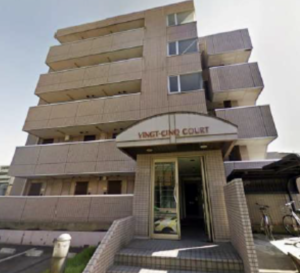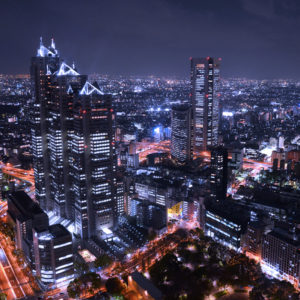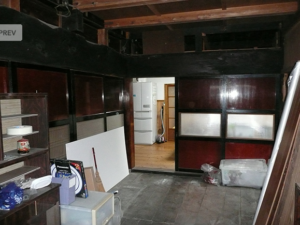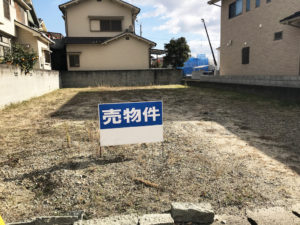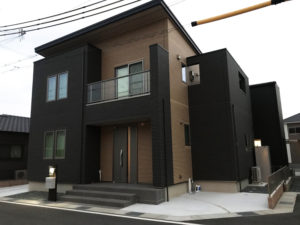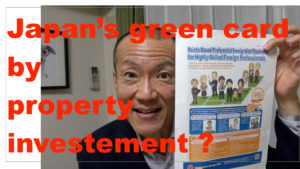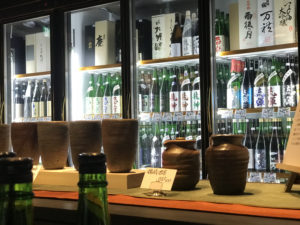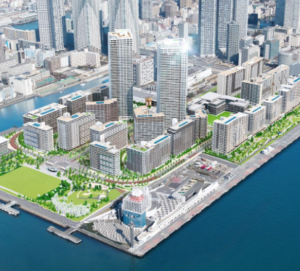
When the key project takes a tumble ?
The Tokyo Olympics and Paralympics will be held in 2020 summer.
The athlete’s village will be actually renovated and sold as condominiums, rental apartments, and commercial facilities after the Olympics approximately four years after the games.
The development project after the Olympics was named “HARUMI FLAG”.
It is a massive project.
In light of very defensive movement of the new condos in last several months,
many industry figures are bracing for the outcome of the sales.
Total of 4145 condos units will be for sale and 1487 units of rental property (rental units) will be entering the rental market.
It is the biggest condominium development project by far in the industry history.
By the way, the consortium already announced that two high rise condo buildings will be also built in the site but the details are not
released yet. (the above 4145 units do not include two high rises)
The development area (Harumi Flag) will be accommodating about 12,000 residents.
The development is a very rare joint project by the consortium of Mitsui Fudosan Residential, Mitsubishi Jisho Residence, Nomura Real Estate, Sumitomo Real Estate,
and other 10 major developers will be engaged.
Read more

